In a survey of biomaterials articles that included cell culture experiments, only 3.7% of studies reported the sex of the cells.


In a survey of biomaterials articles that included cell culture experiments, only 3.7% of studies reported the sex of the cells.
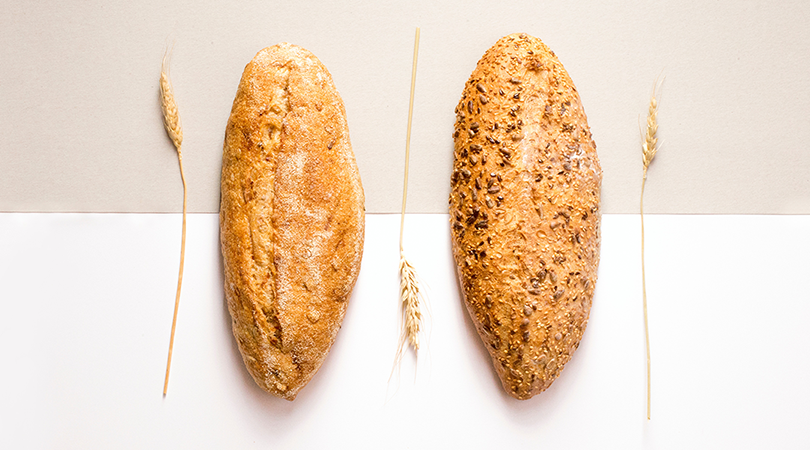
Understanding how gluten affects the gut is a key to understanding whether gluten-free diets are merely a fad or based in solid science.
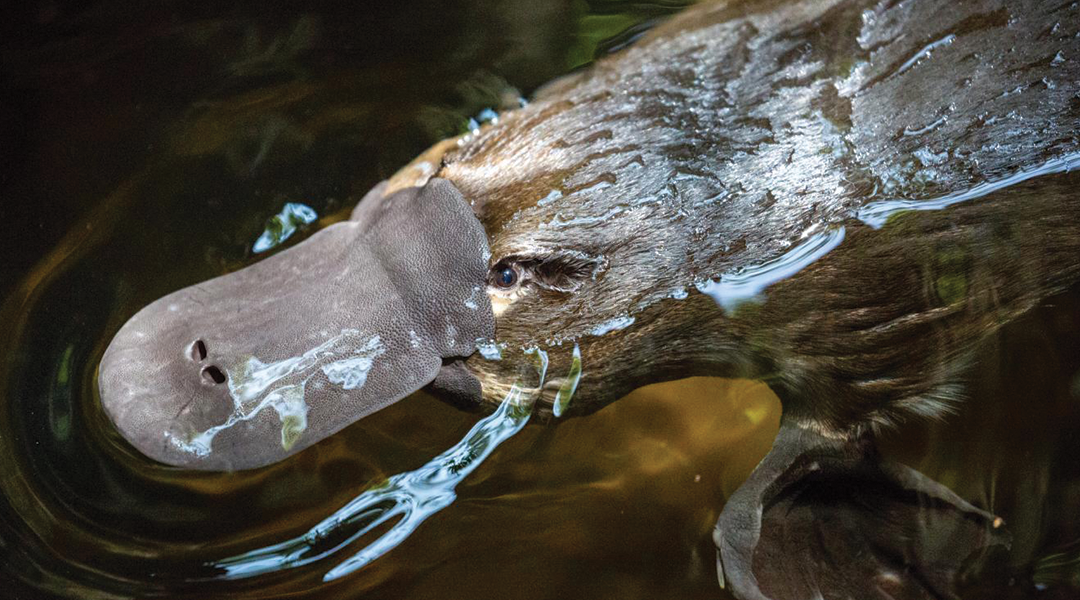
This phenomenon is spread over such a broad range of the mammalian evolutionary tree that researchers are beginning to wonder if the “proto-mammal” shared the same trait.
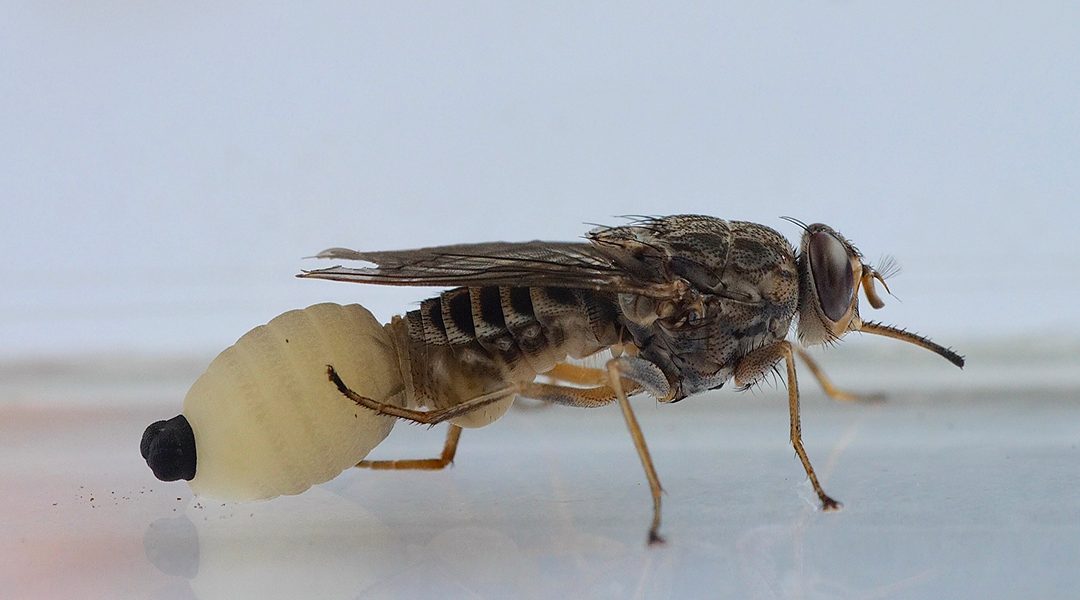
Tsetse flies, which miraculously birth young bigger than the mother, show us what science is about.
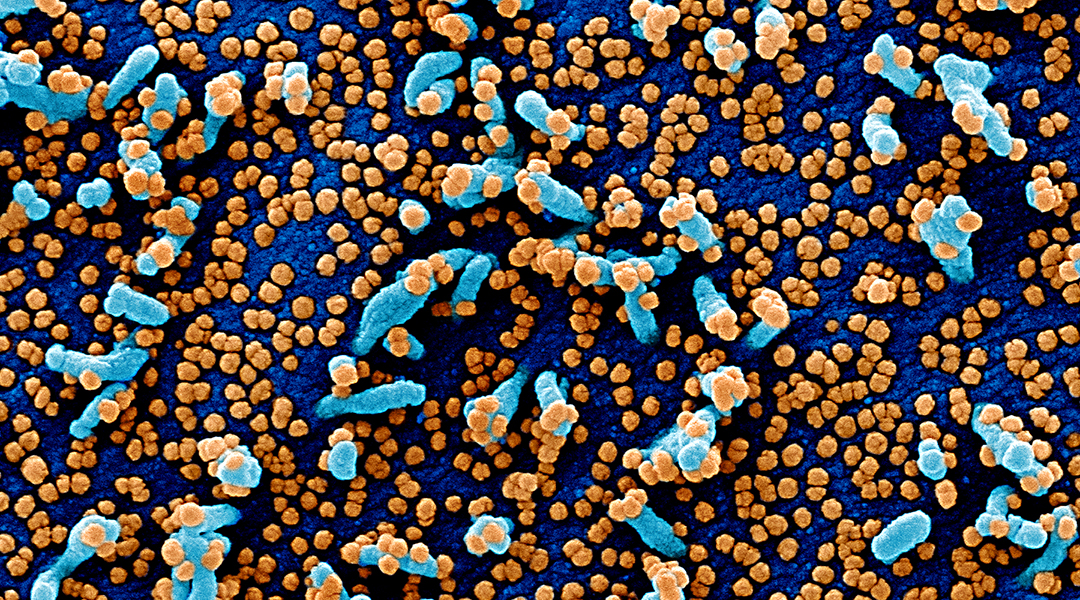
New study finds coronaviruses are masters of mimicry, reproducing their host’s immune proteins to remain invisible and help promote infection.

Computational chemistry is key to understanding the unusual properties of eumelanin.
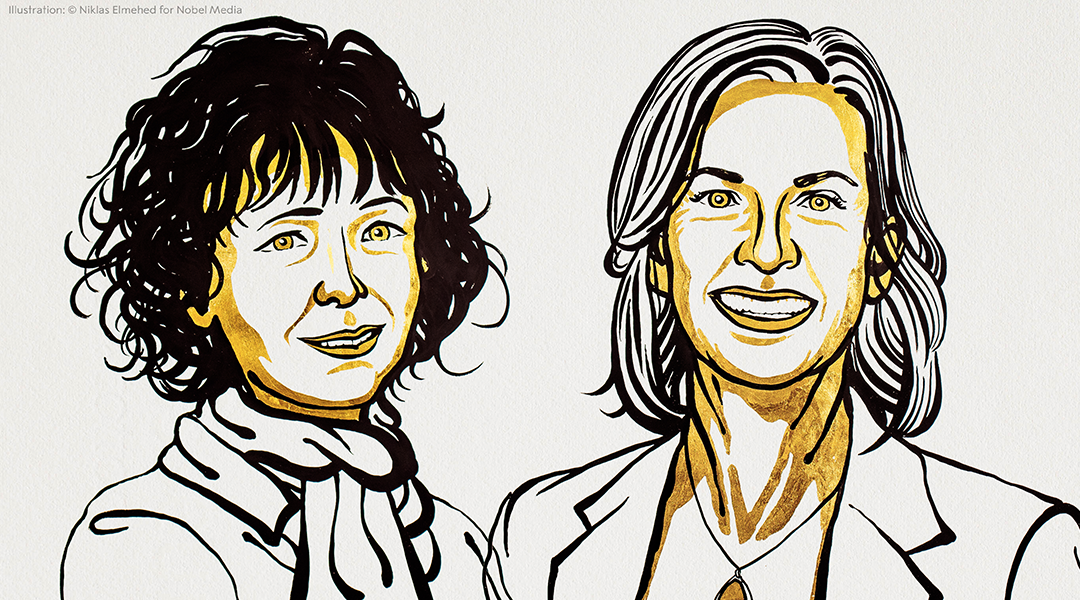
For the first time, two women share the Nobel prize for chemistry. Their work with CRISPR helped usher in a new generation of precision genome editing.
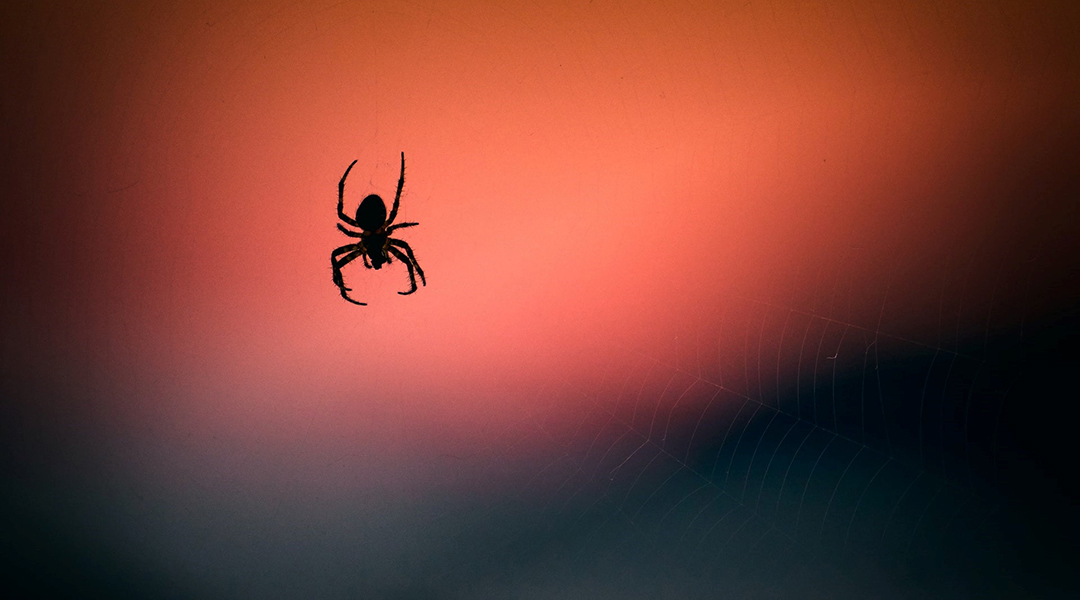
New research is uncovering the importance of small predatory species in shaping ecosystems and managing threatened populations.
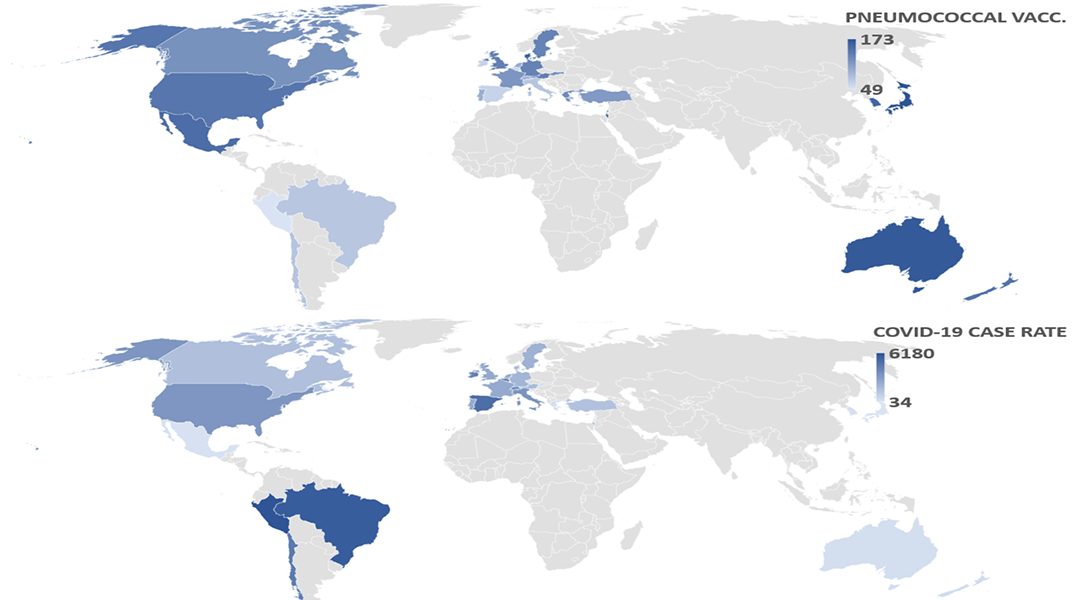
Where pneumococcal vaccination rates are high, COVID-19 cases are low and vice-versa.

Who were the vikings and where did they come from? Sequencing of skeletons allows researchers to understand Vikings through their genetic legacy.